Some factors which affect the mashing efficiency
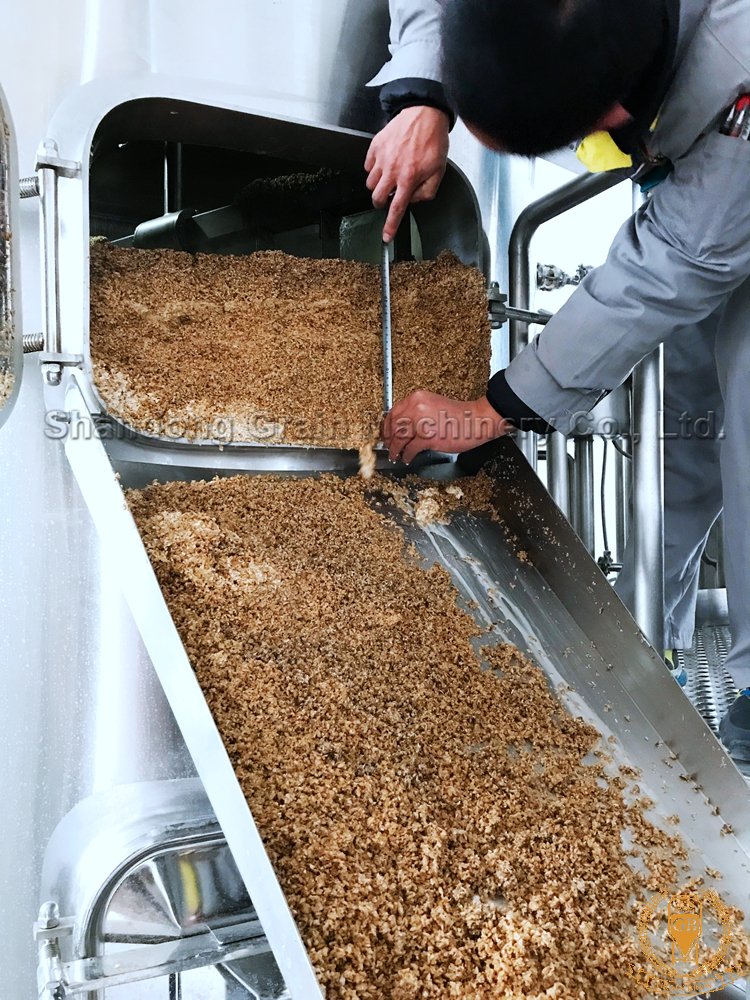
Mashing efficiency is very important in brewing process. A good mashing efficiency could save raw material. Which factors will affect the mashing efficiency?
1. Malt varieties and quality
More sugar could be extracted in well-dissolved malt.
Mashing, commercial brewing equipment, microbrewery
2. Crushing degree of malt
If the grist is too fine, it is easy to agglomerate
If the grist is too coarse, the starch cannot be completely decomposed.
Mashing, commercial brewing equipment, microbrewery
3. Mashing temperature
The optimal temperature for α-amylase is 72-75.
The optimal temperature for β-amylase is 60-65.
Mashing, commercial brewing equipment, microbrewery
4. Time used for mashing
After 15-20 minutes of saccharification, the enzyme activity reached its maximum. After 40-60 minutes, the enzyme activity decreased rapidly and then decreased slowly.
Mashing, commercial brewing equipment, microbrewery
5. PH of mash
To fully utilize the role of amylase, the pH should be 5.5-5.6
Mashing, commercial brewing equipment, microbrewery
6. Mash density
When the concentration is low, more extracts can be proposed. When the concentration is high, the final fermentation degree can be improved.
Mashing, commercial brewing equipment, microbrewery
The steps need to be adjusted based on these factors according to different recipes.
Are you ready?
Mashing, commercial brewing equipment, microbrewery
Edit by Jane
Shandong Grain Machinery Co., Ltd.
E:[email protected]
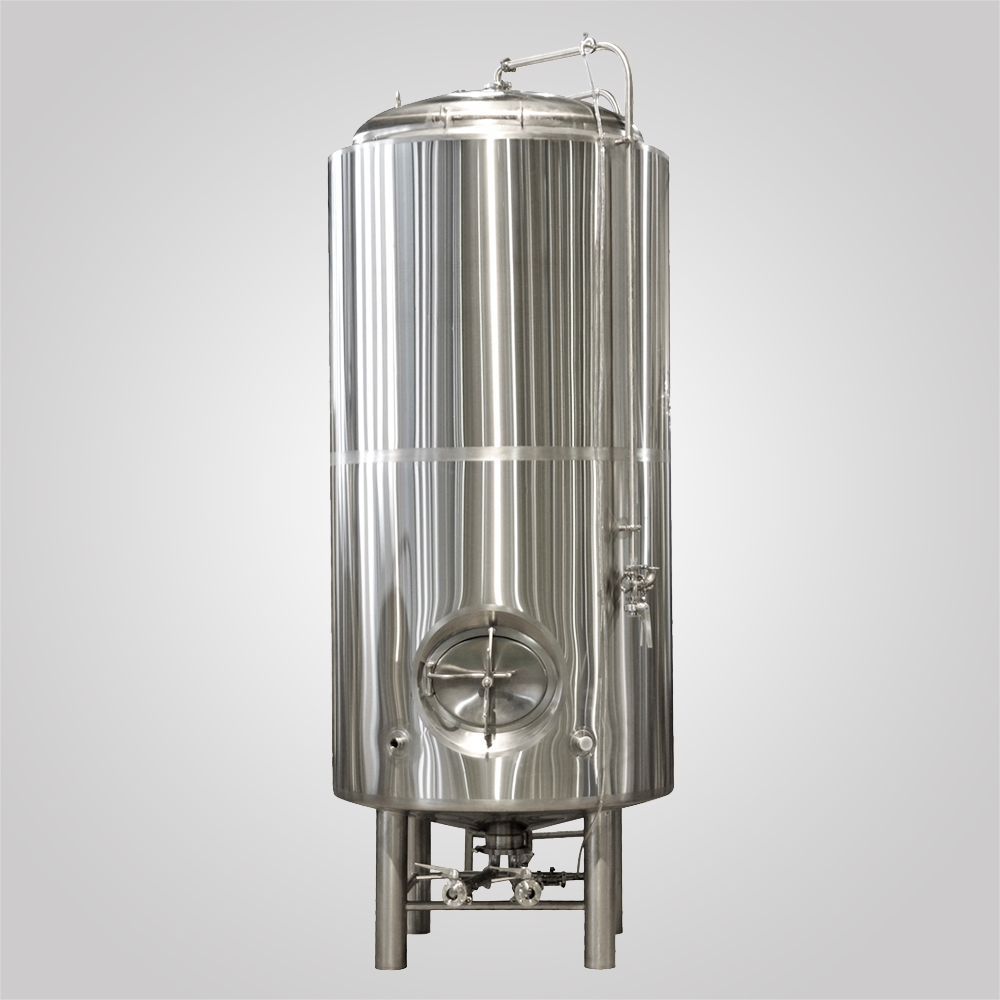
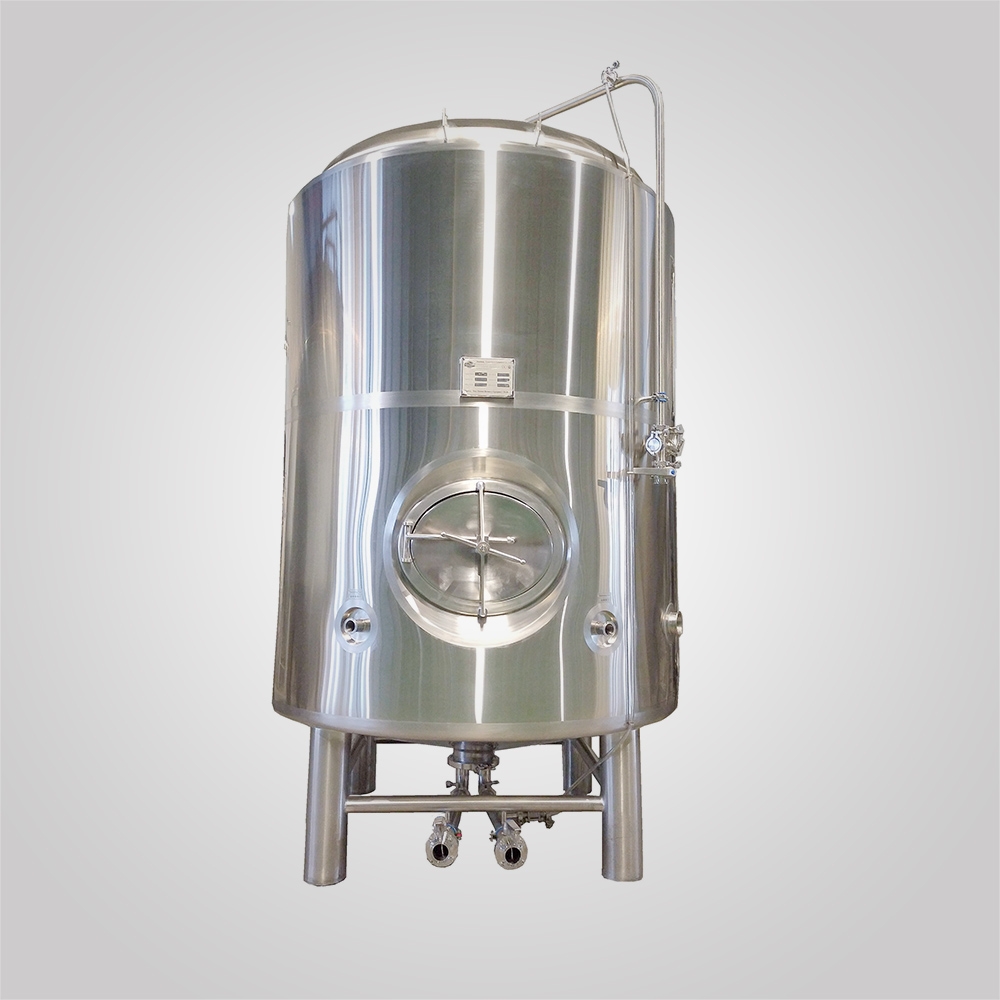
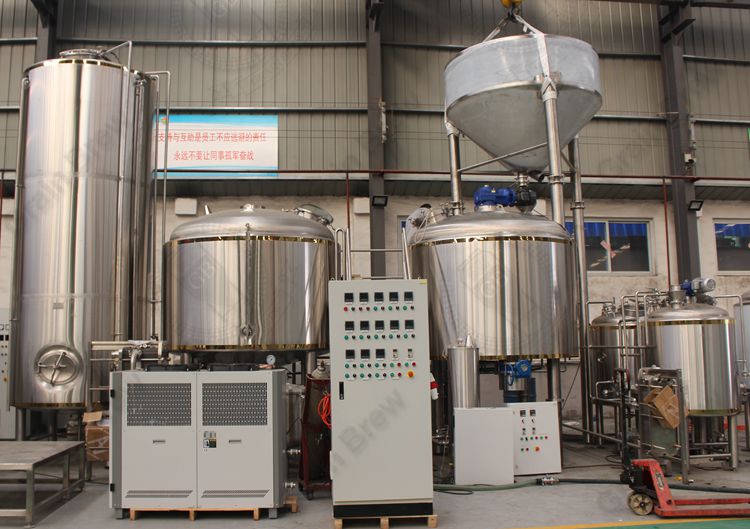
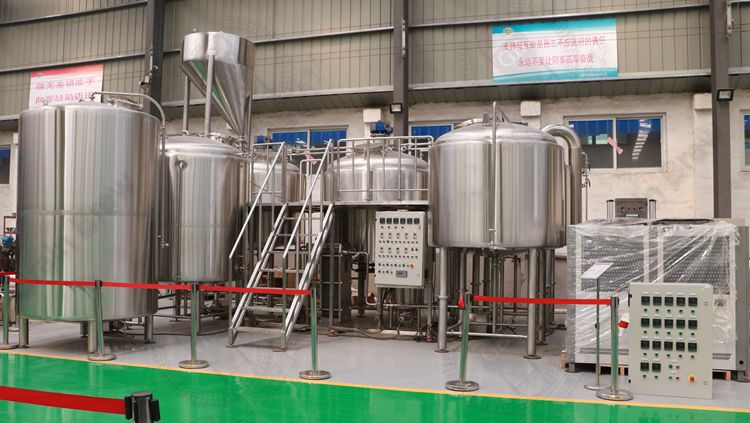
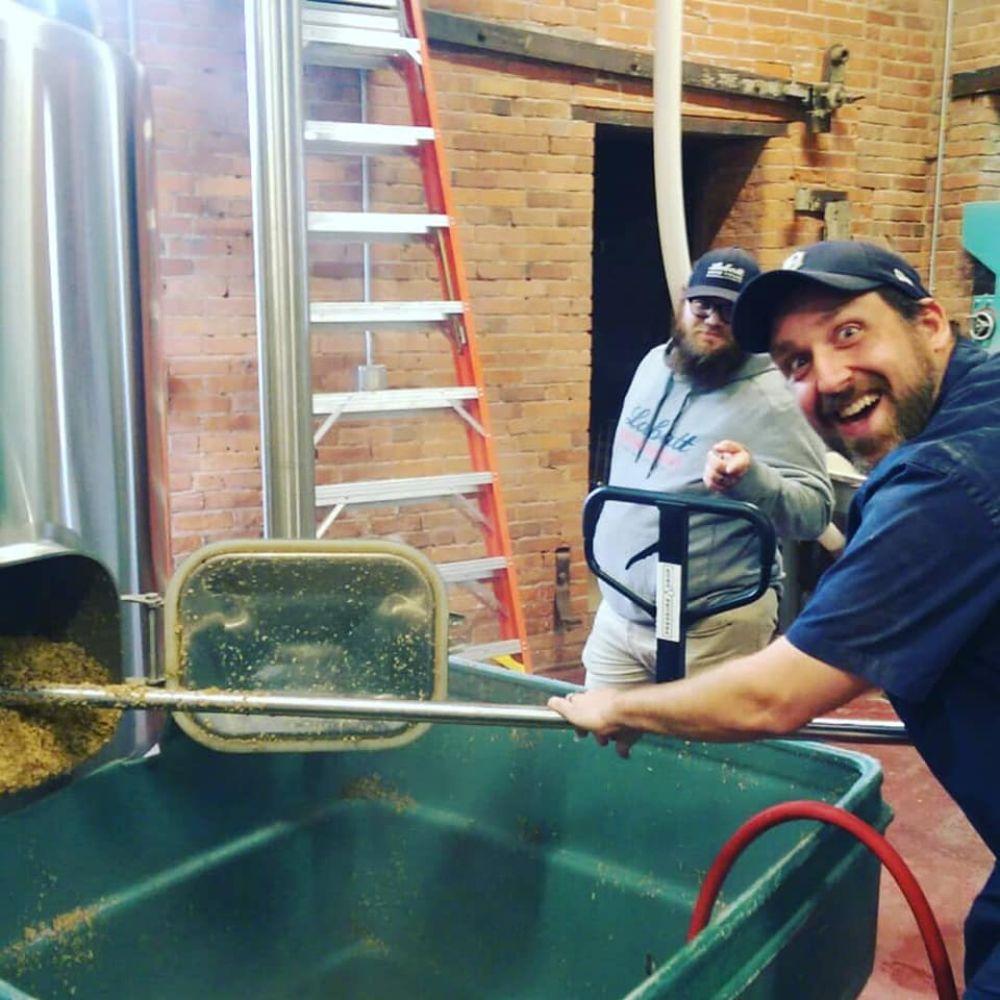
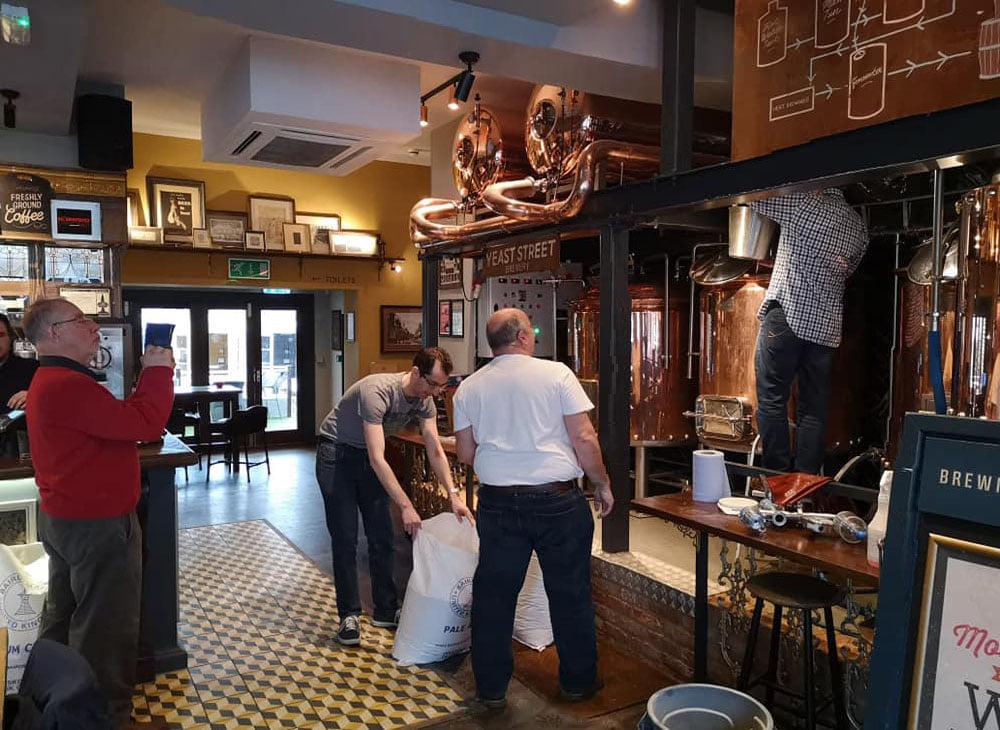

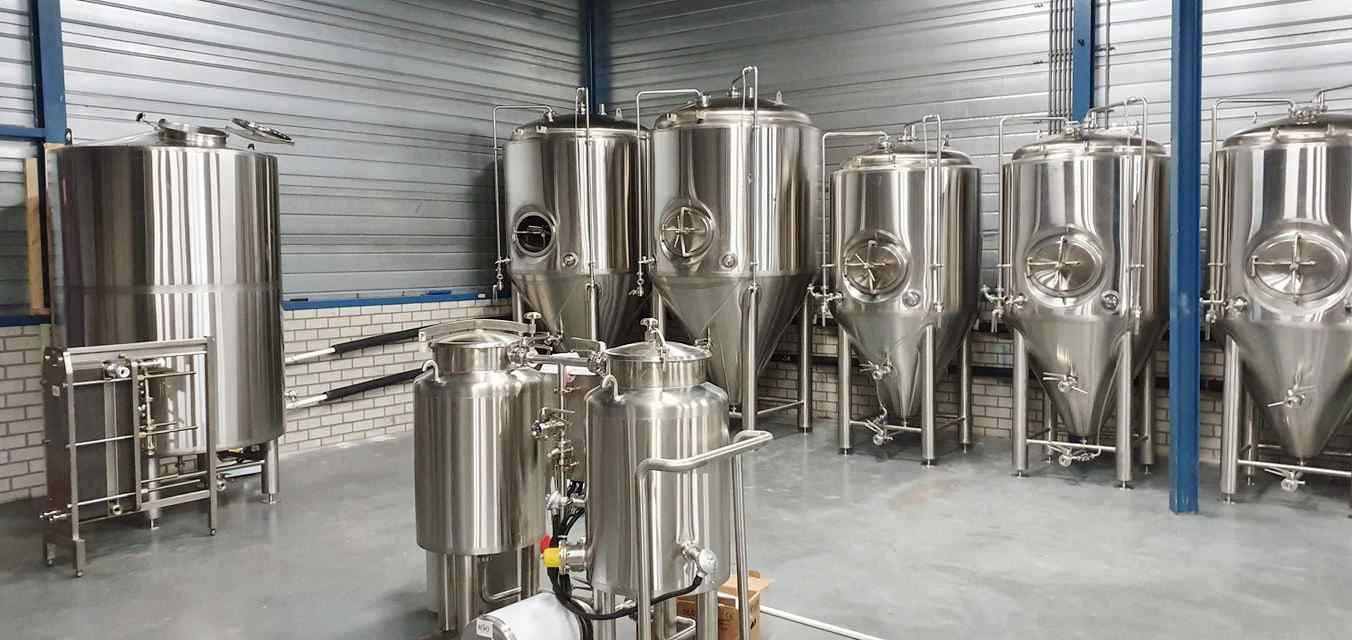
.jpg)

Leave a Comment